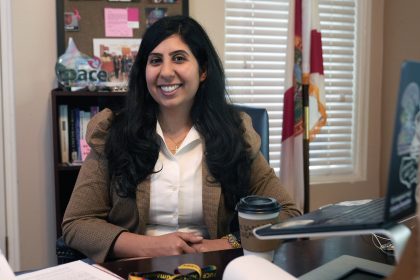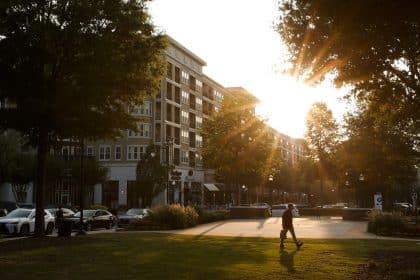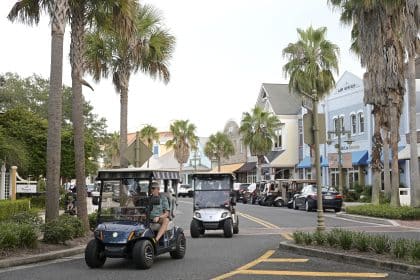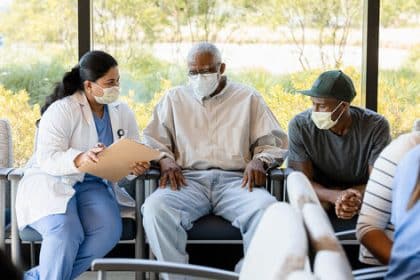Census: Relief Payments Staved Off Hardship in COVID Crash
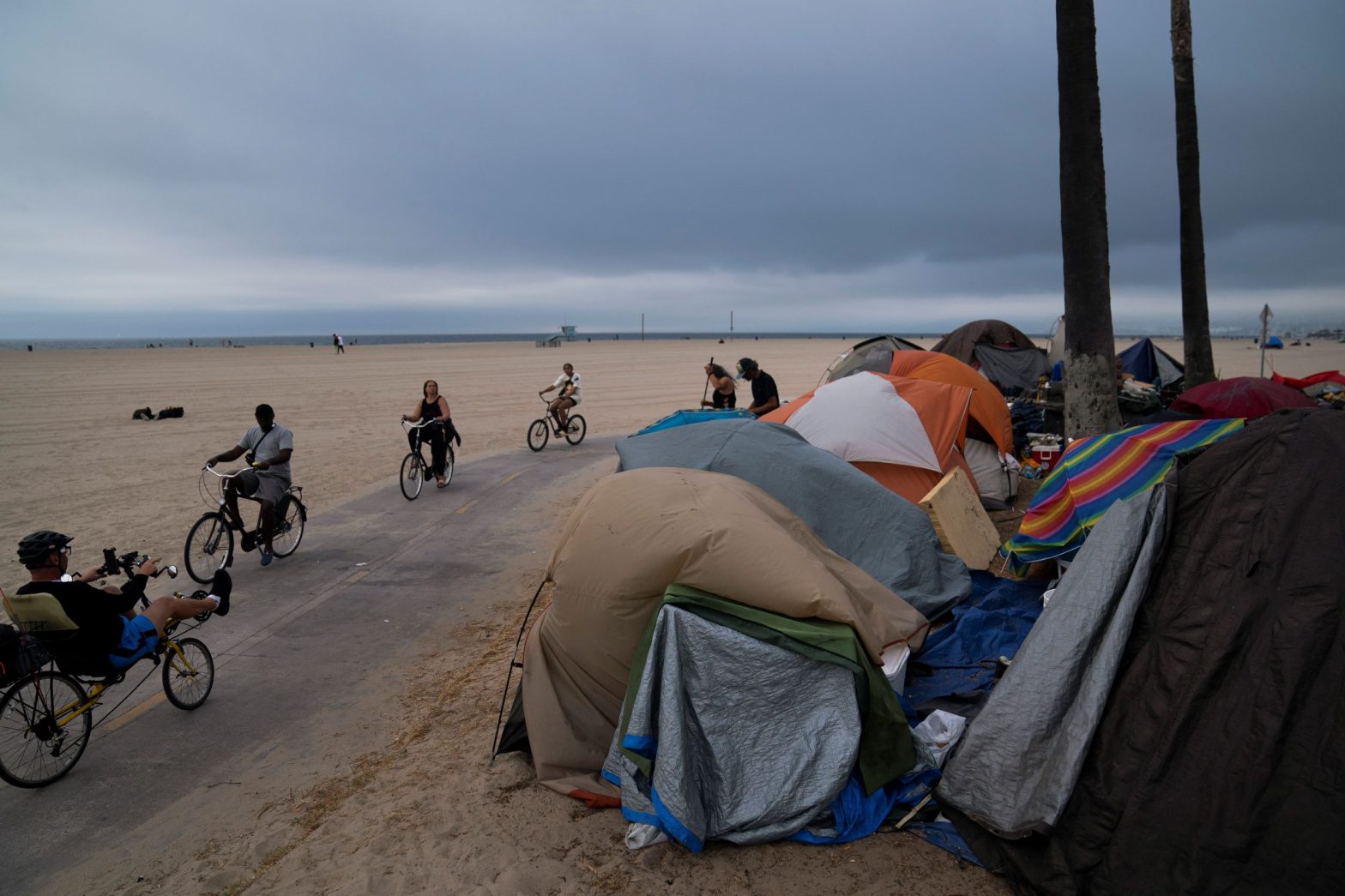
WASHINGTON (AP) — The share of Americans living in poverty rose slightly as the COVID-19 pandemic shook the economy last year, but massive relief payments pumped out by Congress eased hardship for many, the Census Bureau reported Tuesday.
The official poverty measure showed an increase of 1 percentage point in 2020, indicating that 11.4% of Americans were living in poverty. It was the first increase in poverty after five consecutive annual declines.
But a more complete supplemental measure of poverty, which takes into account income streams such as stimulus payments, actually showed that the share of people in poverty dipped after the aid was factored in.
The pandemic shutdown sent tremors through the economy last year. In April alone, more than 20 million workers lost their jobs. Unemployment offices paid out a weekly average of 20 million claims last year. The economy has rebounded since, but employment is still about 5 million jobs below pre-pandemic levels.
Congress passed five bipartisan COVID-19 response bills last year, totaling close to $3.5 trillion and signed into law by then-President Donald Trump. This year Democrats pushed through President Joe Biden’s nearly $1.9 trillion American Rescue Plan on party-line votes. Its effects are not reflected in the Census report.
Though some of the federal aid last year was delayed for reasons from wrangling over costs to problems with distribution, on the whole it insulated American families from economic disaster that would have compounded the public health crisis. Some groups were left out, such as people not legally authorized to be in the country.
As Americans fought over measures such as mask wearing and closing down businesses and community life, lawmakers of both parties were motivated to take dramatic action, said economist Bruce Meyer, a University of Chicago expert on poverty.
“You had Democrats who were very focused on helping those who were unemployed and hurting, and you had Republicans who were willing to do many things to help the reelection of their president, so there was a confluence of incentives, or of desires, by politicians on both sides,” he said.
Trump ultimately lost reelection but the Census report provides evidence that’s relevant to the current debate over Biden’s $3.5 trillion social infrastructure plan, said public policy analyst Robert Greenstein of the Brookings Institution think tank.
“For people who have a cynical view that nothing much government does works effectively, particularly on the poverty front, it will be harder to maintain that view,” said Greenstein, who founded the Center on Budget and Policy Priorities, a nonprofit advocating on behalf of low-income people.
The Biden economic plan extends tax credits for families with children, which is seen as a strategy for reducing childhood poverty and its long-term consequences.

















